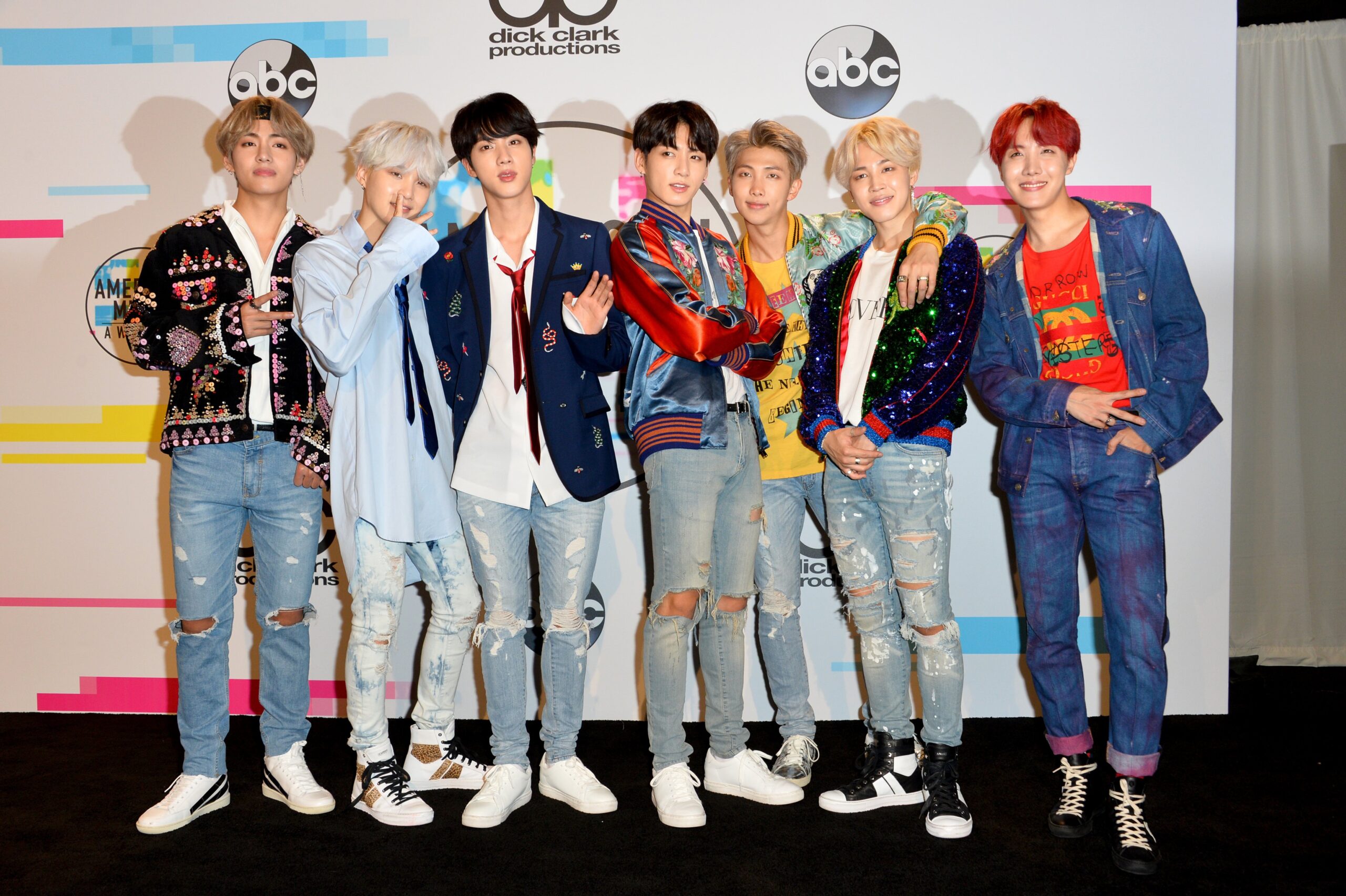I’m at that point in life where I’m re-watching my favorite comfort shows for the zillionth time because nothing else is on. Most of the shows I’m obsessed with aren’t currently airing. And quite frankly, I’m bored. I can essentially quote New Girl word-for-word now due to this agonizing lull. And while Zooey Deschanel is […]









